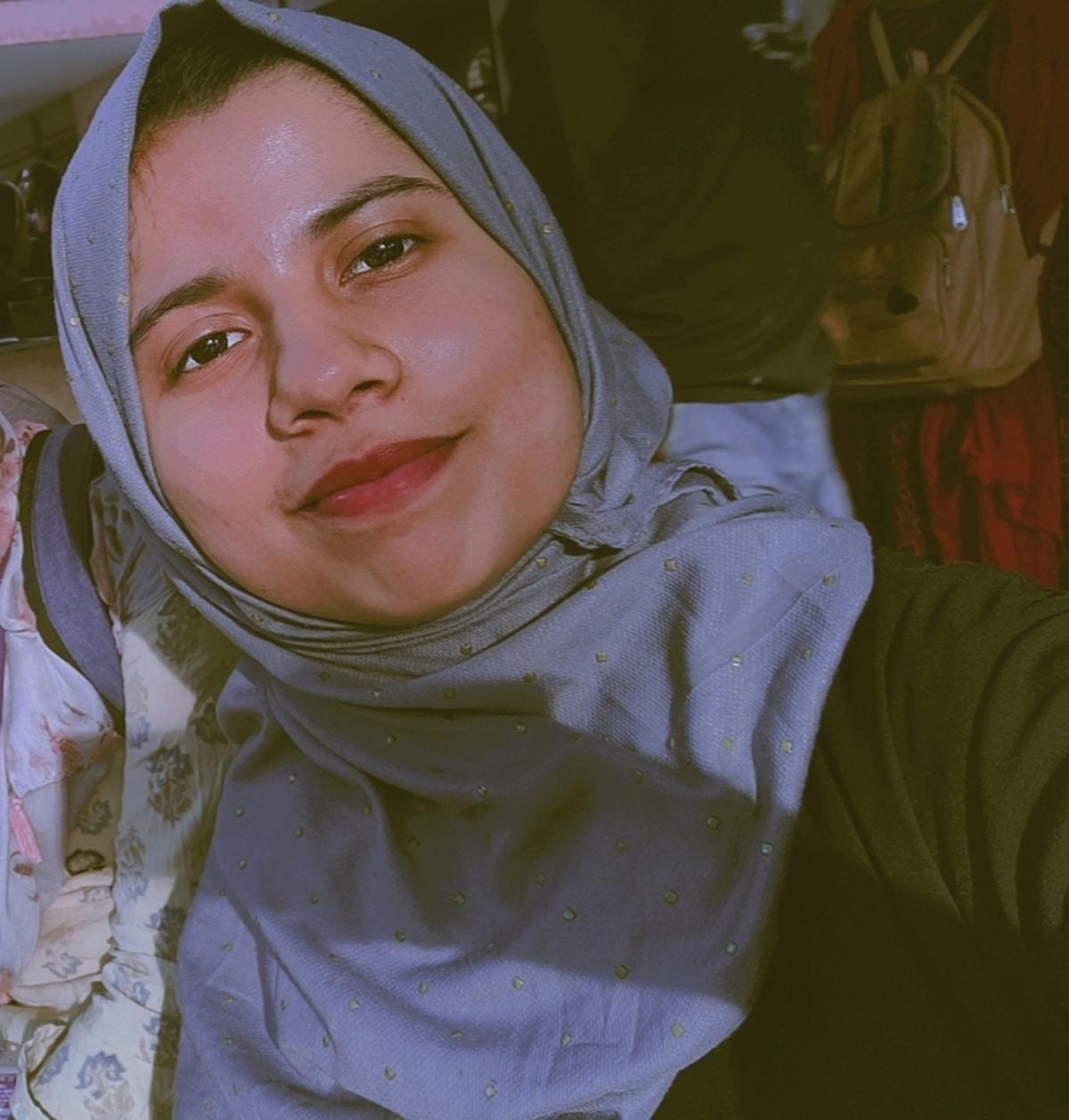The personal health challenges of the generation who became adults during the COVID-19 pandemic, how they deal with them, and what it heralds for the future.
We’ve entered a post-COVID world, but one that has left India’s youth with a set of health challenges in its wake. A generation of under-25s saw major milestones through the pandemic: some became adults over the last three years, some graduated, some got their first jobs. Health, both mental and physical became a priority in a way it hadn’t been before, with a rising awareness of its importance and much more access to information – some legit, some hearsay. Hear four people tell us how the pandemic made them mindful of their health and shift to positive lifestyles.
Disrupted sleep patterns
The stress and isolation of the pandemic broke Kunwar Thapar in many ways. “Even today, I get a maximum of three-and-a-half to four hours of sleep,” he says, adding however that there is a difference between then and now. Then, he would barely get an hour of sleep, despite taking melatonin supplements, and fall asleep during online college classes. Now, despite feeling fatigued most of the time, “I know I have goals and responsibilities,” he says. Mr. Thapar also developed fibromyalgia during the pandemic that doctors told him was brought on by stress, and his sleeping pattern feeds into the condition and is a consequence of it too. Today, he tries to lead a healthier life than he could during the pandemic, cutting back on smoking, exercising, eating healthy, and spending more time with the people he loves. “My father had a heart attack the year the pandemic broke, and I suddenly understood the importance of family,” he says, adding that the first person he confided in about the stress of the time was his mother.

Irregular eating
N. Sanofar did not immediately realise how online classes and later the hybrid teaching model affected her. Only later, when diagnosed with peptic ulcers (open sores on the inner lining of the stomach) did she understand what she’d been through. The pandemic threw life out of gear in a way that affected her eating – a pattern she still struggles with. “I would wake up late and skip breakfast and sometimes even lunch,” she remembers. Stuck at home 24×7 during lockdown, “I would also snack unnecessarily and that would kill my hunger for regular meals most of the time.” The sudden shift in learning modalities stressed her so much that “I could not even clear a basic exam in typewriting – classes that I was learning for fun and as a skill acquisition,” she says. After Ms. Sanofar’s mother stepped in to navigate her day by ensuring she starts her day with a glass of tepid water, goes for morning walks, and eats meals on time, things improved. But she finds she still doesn’t have it sorted. “I leave for college early in the morning and often skip breakfast.” Plus, she’ll eat out with friends once in a while, sometimes aggravating her digestion. “The COVID virus not only created a scare, but I also saw how it took away many of our loved ones who were not in the best of their health,” she says, understanding that she needs to take care of herself.

Isolation and anxiety
Life in high school pre-pandemic meant that Kai had the comfort of a peer group that supported his gender choice, balanced with the safety of home. The pandemic left him with just one, not the other. “Staying at home made me more [gender] dysphoric, as I couldn’t really be myself at the time. It was comforting at times to have my parents take care of me, but I lacked the kind of support system I had when I could go to school,” he says, adding that at the time he was not yet out to them as trans and couldn’t fully express his authentic self within the confines of home. Suddenly cut off from the majority of his social connections, he felt isolated and anxious about when he would be able to see his friends again. “It sometimes felt like I was trapped,” he says. Now, away from home and living alone, he experiences a similar anxiety, with the situation flipped. As before, he has found that one antidote to anxiety is to surround himself with supportive people, who mitigate the sense of isolation. “I’ve managed to build a support system and have gotten much better,” he says.
Kai, 20, a transman, moved from Bengaluru, Karnataka, where he lived with his parents, to Pune, Maharashtra, to pursue a bachelor’s degree. He graduated from school during the pandemic.
Altered body image
“COVID changed me from the inside out,” says Aishwarya Banerjee, who was cut off from her father during the lockdown. Her nutrition was disrupted by the stress and solitude, which also induced anxiety and despair. She went from having no appetite to binge eating, which had a negative impact on her physical condition. Self-induced vomit also resulted in dehydration and low blood pressure. “I started disliking my body,” she says, adding that she began to self-harm. “I never thought about therapy because I knew I wasn’t ready to talk to anyone, so I continued the fight on my own.” Today, she still has binge eating episodes, but is trying to live a healthier life: she’s quit smoking, gets in exercise, eats healthy to the extent she can, and spends time with the people she loves.
Aishwarya Banerjee, 25, Kolkata, West Bengal, lives with her parents, and graduated from college during the pandemic.
Source: THE HINDU BUREAU



